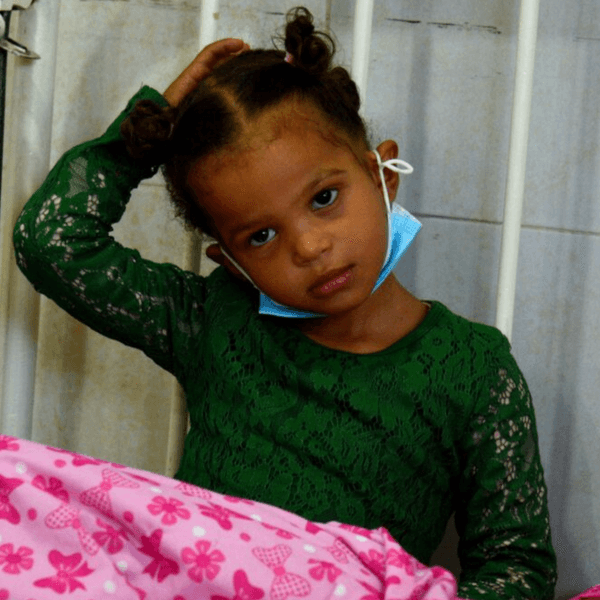For the first time, the Centers for Disease Control and Prevention (CDC) has issued a travel warning for a continental U.S. city, as Miami grapples with a burgeoning Zika outbreak.
Florida Gov. Rick Scott announced this week that an additional 10 people in the state have been diagnosed with the mosquito-borne virus, bringing the total to 14.
CDC Director Tom Frieden warned pregnant women against traveling to the "transmission area" and advised people already in the area to take extra precautions against mosquito bites.
The Miami Herald reports:
The area, identified by Florida health officials, touches on the Wynwood, Midtown and Design District neighborhoods in Miami, popular with tourists. The area is bordered by Northwest Fifth Avenue to the west, U.S. 1 (Biscayne Boulevard) to the east, Northwest/Northeast 38th Street to the north, and Northwest/Northeast 20th Street to the south.
The CDC also said couples who have traveled to the area since June 15 should wait eight extra weeks before attempting to become pregnant.
The travel warning is notable not just for its unprecedented nature, but also because it seems to confirm health officials' fears that Zika would eventually make its way to U.S. shores.
Up until now, the hundreds of American citizens who were reported to have the virus--which is known to cause birth defects--had contracted it overseas in the areas where it is most prevalent, such as Central and South America.
The Herald continues:
Perhaps most troubling, Frieden said, is that extensive spraying of insecticides in the area over the past several weeks has not reduced the local population of mosquitoes capable of transmitting Zika virus.
"It's possible that the mosquitoes there are resistant to the insecticide that's been used," Frieden said. "It's possible that there may be what we call cryptic breeding places. ... This is a very difficult mosquito to control, particularly in a complex urban environment."
"Nothing that we've seen indicates widespread transmission," he added, "but it's certainly possible that there could be sustained transmission in small areas."



